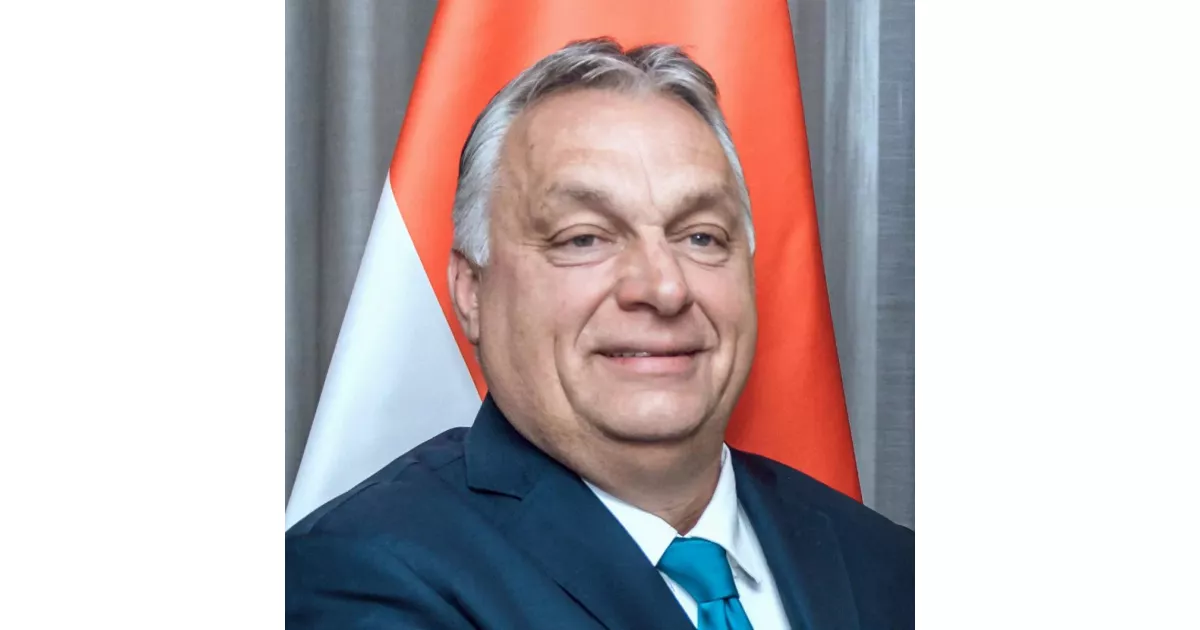An overview of the childhood and early education of Viktor Orbán, highlighting the experiences that shaped the journey.
Viktor Orbán is a prominent Hungarian politician and lawyer, currently serving as the Prime Minister of Hungary since 2010, a position he also held from 1998 to 2002. He has been the leader of the Fidesz party since 2003, and before that from 1993 to 2000. Orbán secured re-election as prime minister in 2014, 2018, and 2022, solidifying his long-standing influence in Hungarian politics. In November 2020, he became Hungary's longest-serving prime minister.
May 1963: Viktor Orbán Born
Viktor Orbán was born in May 1963. He later grew up with two younger brothers, Győző Jr. and Áron.
1977: Family Moved to Székesfehérvár
In 1977, the Orbán family moved to Székesfehérvár, where Viktor Orbán secured a place at the prestigious Blanka Teleki school. Before this the family lived in Alcsútdoboz in Fejér County, where Orbán first lived while growing up and in 1973, moved to neighboring Felcsút.
December 1981: Martial Law in Poland
In December 1981, while Viktor Orbán was serving his military service, martial law was declared in Poland, a situation that led his friend Lajos Simicska to criticize the event. Orbán recalled expecting mobilization to invade Poland at that time.
May 1982: State Security Report
In May 1982, a state security report described Viktor Orbán as "loyal to our social system", despite his evolving political views during military service.
1983: Film Appearance
In 1983, Orbán had a minor acting role as a footballer in the Hungarian family film "Szegény Dzsoni és Árnika" (Poor Johnny and Arnica).
1985: Establishment of Századvég
In 1985, with Viktor Orbán's help, the college journal Századvég was established and funded by George Soros. It later became the press organ of Fidesz.
September 1986: Marriage to Anikó Lévai and police report.
In September 1986, Viktor Orbán married Dr. Anikó Lévai in Szolnok. Shortly before his marriage, a police source reported him as affiliated with an organization lecturing in the United States and West Germany, presenting themselves as "the country's expected future leaders."
1986: Marriage to Anikó Lévai
In 1986, Orbán married Anikó Lévai, a jurist, and together they had five children.
November 1987: Seminar at Lawyers' Special College of Social Sciences
In November 1987, Viktor Orbán welcomed a group of 150 delegates from 17 countries to a two-day seminar at the Lawyers' Special College of Social Sciences. The seminar, backed by the European Network for East–West Dialogue, focused on Perestroika, conscientious objection, and the prospects for a pan-European democratic movement.
March 1988: Founding of Fidesz
On March 1988, Viktor Orbán co-founded the Alliance of Young Democrats (Fidesz) with other students and activists. It was conceived as a challenge to the Hungarian Young Communist League.
June 1989: Speech at Heroes' Square
On June 1989, Viktor Orbán gave a speech in Heroes' Square, Budapest, on the occasion of the reburial of Imre Nagy and other national martyrs of the 1956 Hungarian Revolution. He demanded free elections and the withdrawal of Soviet troops.
September 1989: Research fellowship at Pembroke College, Oxford
In September 1989, Viktor Orbán began a research fellowship at Pembroke College, Oxford, funded by the Soros Foundation. He worked on the concept of civil society in European political thought.
October 1989: Fidesz Becomes a Political Party
In October 1989, Fidesz, represented by Viktor Orbán, officially became a political party.
January 1990: Returns to Hungary
In January 1990, Viktor Orbán abandoned his project at Oxford and returned to Hungary with his family to run for a seat in Hungary's first post-communist parliament.
April 1990: Elected Member of Parliament
In April 1990, Viktor Orbán was elected Member of Parliament from Pest County and secured the first spot on the Fidesz candidate list.
April 1993: Orbán Becomes President of Fidesz
On April 18, 1993, Viktor Orbán became the first president of Fidesz. Under his leadership, Fidesz transformed from a radical liberal student organization to a center-right people's party.
1998: First Trip Abroad as Prime Minister
In 1998, Orbán's first trip abroad as Prime Minister was to the World Cup final in Paris. He has reportedly not missed a World Cup or Champions League final since.
March 1999: Hungary Joins NATO
In March 1999, Hungary joined NATO along with the Czech Republic and Poland, after Russian objections were overruled. Hungary's membership in NATO demanded its involvement in the Kosovo crisis and modernization of its army. However, NATO membership also dealt a blow to the economy due to a trade embargo imposed on Yugoslavia.
2014: Son's Religious Conversion
In 2014, Gáspár Orbán, Viktor Orbán's son, converted to the Faith Church, a Pentecostal denomination, and is now a minister who claims to have experienced divine communication and miraculous healings.
2014: Son's Football Career
In 2014, Orbán's son, Gáspár, played for Ferenc Puskás Football Academy.
Mentioned in this timeline

Donald John Trump is an American politician media personality and...

Vladimir Vladimirovich Putin is a Russian politician and former intelligence...
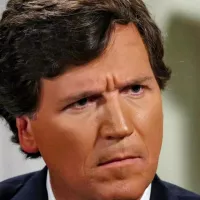
Tucker Carlson is an American conservative political commentator known for...
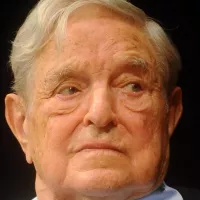
George Soros is a Hungarian-American investor and philanthropist with a...
Ukraine is a country in Eastern Europe the second-largest on...
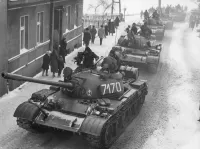
Martial law is the imposition of military rule in place...
Trending
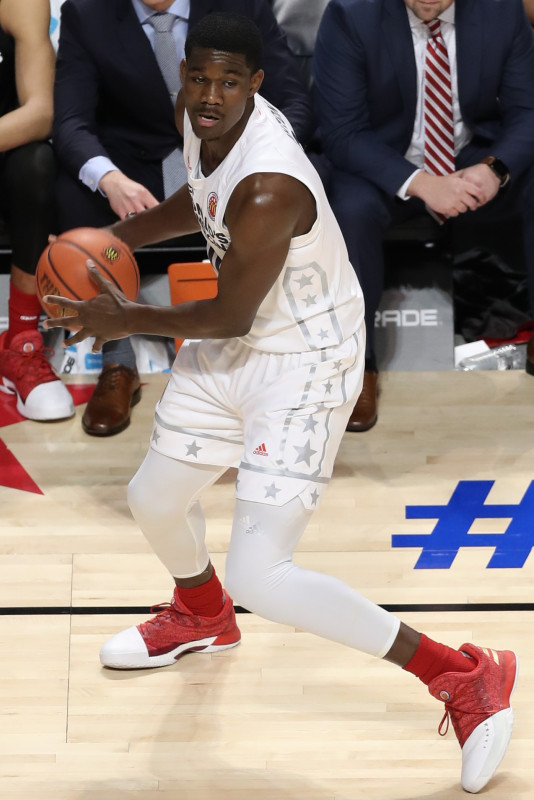
29 minutes ago Deandre Ayton Detained in Bahamas Airport for Marijuana Possession, Later Released.
29 minutes ago iPhone 18: eSIM Expansion Expected in 2026; Key Feature Loss for Europe?
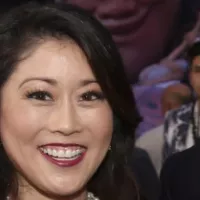
1 hour ago Kristi Yamaguchi and the Blade Angels aim to end US figure skating drought.
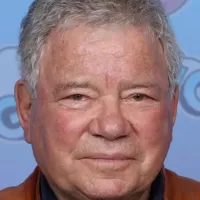
2 hours ago Shatner reflects on Judy Garland's fragility and his disappointment meeting her.
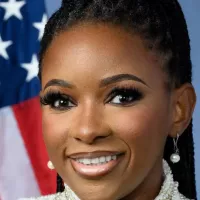
2 hours ago Jasmine Crockett and James Talarico compete in Texas Democratic Senate primary.
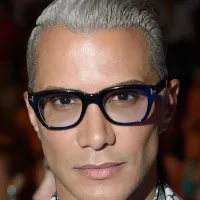
2 hours ago Jay Manuel clarifies Tyra Banks friendship status, reflects on 'America's Next Top Model' fall out.
Popular

Jesse Jackson is an American civil rights activist politician and...
Randall Adam Fine is an American politician a Republican who...

Pam Bondi is an American attorney lobbyist and politician currently...

Barack Obama the th U S President - was the...

Kid Rock born Robert James Ritchie is an American musician...

XXXTentacion born Jahseh Dwayne Ricardo Onfroy was a controversial yet...
